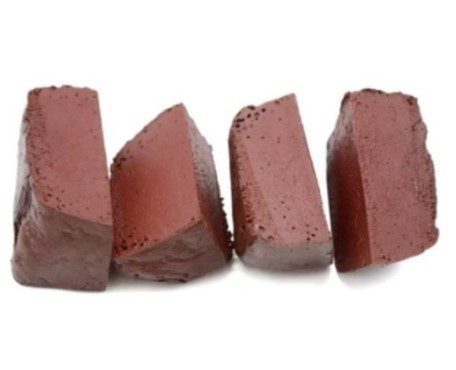

When prepared properly, pig blood is safe for dogs to consume. Boiling it before serving is essential to eliminate harmful bacteria and parasites. Pig blood is an excellent source of protein, iron, and phosphorus, which are essential for a dog’s health.
Pig blood is rich in protein, iron, riboflavin, phosphorus, and other minerals that help maintain and repair a dog’s muscles and tissues. These nutrients are essential for a dog’s overall health and well-being.
Overconsumption of pig’s blood can lead to loose stool or diarrhea. Pig blood can spoil easily, even when refrigerated. Additionally, excessive consumption of protein can lead to weight gain and obesity. Animal blood may also contain harmful bacteria and parasites that can cause health issues.
It is crucial to use pig blood sourced from healthy livestock and boil it before serving to eliminate any potential bacteria and parasites. For pig blood cake/curd, let it cool down after boiling, cut it into small pieces, and add a small portion to your dog’s food occasionally. It is essential to monitor your dog’s reaction to pig blood and adjust the serving size accordingly.
Pig blood, also known as pork blood, is a food that is safe for dogs to consume, but it must be prepared correctly to eliminate harmful bacteria and parasites. It is an excellent source of protein, iron, and phosphorus, which are essential for maintaining a dog's muscles and tissues. Pig blood originates from the pig's circulatory system and is commonly used in dishes like pig blood cake and soups in certain cultures.
While pig blood is beneficial to a dog's health when consumed in moderation, overconsumption can lead to loose stool and even diarrhea. Also, it's crucial to ensure that pig blood is sourced from healthy livestock and boiling it is necessary before serving it to a dog. Pig blood can spoil easily, even when refrigerated, and contain harmful bacteria and parasites that may cause health issues.
Pig blood is affordable and relatively easy to access in certain cultures. But it's crucial to note that not all dogs may like the taste and smell of pig blood. If your dog shows signs of aversion, some alternatives include beef liver, chicken hearts, or canned tuna as they also contain high protein and iron levels.
Have you ever tried feeding your dog pig blood? How did it turn out? Remember to monitor your dog's reaction and adjust serving size accordingly. Remember, your furry best friend's health and well-being are critical.